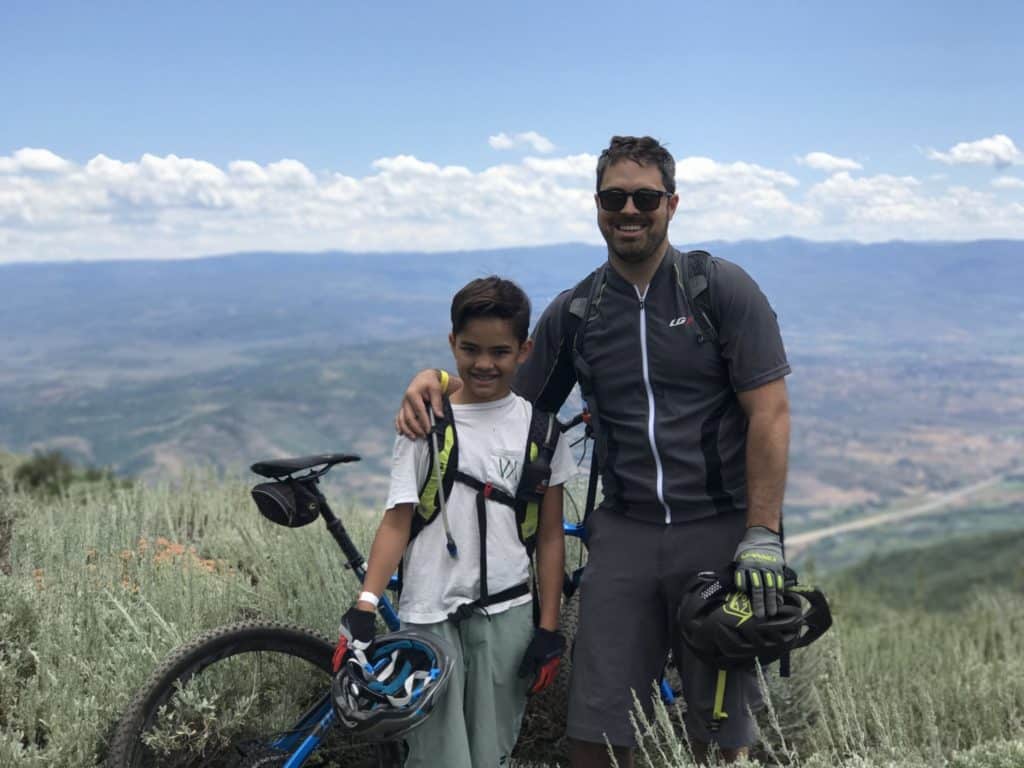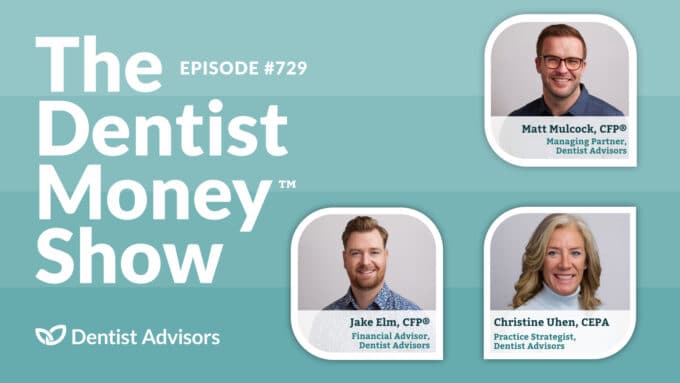Business owners often struggle with what psychologists refer to as “CEO Disease”—a gradual loss of self-awareness. It’s when your growing business takes more of your personal bandwidth and results in slowly deteriorating wellness. Because everything in your business feels so urgent and important, you start to develop poor diet, sleep, and exercise habits.
For me, my financial planning business was growing more than ever, which was also overwhelming my schedule. More employees in more locations meant more travel and new fires to put out. My weight, nutrition, and overall conditioning were declining at an accelerated rate. I definitely had a classic case of CEO disease.
All the Tricks
Until that point, I had managed to keep my weight in check and maintained a decent workout routine. But the multidimensional pressures of business growth spread me too thin. I remember the day I hit 40 pounds above my target weight. That scared me and I began working out even harder. I got different fitness apps and started going to a new gym. I signed up for yoga. I tried different diets and even bought some fancy new home gym equipment. But when it came to my wellness, not much changed.
One afternoon I was riding my mountain bike up “puke hill” along the Wasatch Crest. I was totally gassed and pulled over to the side of the trail while a bunch of 20-something’s blew past me. They smiled, waved, and said, “Have a great ride, man.”
I think that was the first time I decided I needed a major shift. Clearly whatever I was doing wasn’t getting me the results I wanted—and the pressures at work were not going to let up. Until that point, I’d been hesitant to embrace hiring a personal trainer. I felt like it was something that only “rich people” could afford.
But as a financial advisor, I’d seen how accountability and coaching gave my clients the results they were looking for. So would the right personal trainer be able to help me achieve the results I wanted with my health, or would it just be a waste of money?
The Trainer
Now I knew this couldn’t just be any trainer. So after calling around and interviewing a handful, I found one who specialized in business owners like me. It was crazy, but almost immediately, I started noticing some major changes.
My trainer objectively and holistically adjusted my plan—exercise patterns, nutrition habits, workout schedules, and mental health messages that were holding me back. With his help, I was able to stay accountable and accomplish much more. And not being “in charge” anymore gave me a ton of mental bandwidth back.
My body fat went down. My hydration levels improved. My weight dropped, and my diet became much more balanced. I became a lot stronger and perhaps most importantly, I was able to handle more stress without losing my patience, which made me a better business owner.
My trainer was better at seeing the big picture, making small adjustments, and customizing my plan. The accountability I received, the ongoing education I gained, and the delegation that leveraged my time made all the difference.
Holistic, Comprehensive
Most of us only tackle part of any problem. It’s just hard to tackle the whole thing. This seems especially true when it comes to finances. But the best results come when you comprehensively, holistically, and completely handle every dimension of the problem. The truth is, for most of us to get there, it takes the right coach.
Whether you’re talking about personal wellness, practice management, or investment portfolio management, good advisors are often the key to getting the hardest jobs done right.
Real Financial Health
Financial products do not guarantee financial health. Just setting up a 401(k) is not comprehensive, holistic, or complete financial health. The complete job involves organizing, analyzing, deciding, and acting on literally hundreds of smaller, financial jobs. Small jobs like:
- Reducing taxes by taking advantage of all deductions
- Collecting employee census data and optimizing retirement plan contributions
- Setting automatic drafts from practice checking to sweep cash into investments when bank accounts exceed 1.5 times monthly collections
Real financial planning takes on the whole problem. And it doesn’t leave things out just because they’re hard.
Be sure you’re taking a complete and accurate view of all the jobs that need to be done in both your practice and personal finances. My trainer took a holistic view of my health, and that’s what led to the results I was after. In my experience, the right practice consultant, financial advisor, accountant, or attorney will make all the difference for you in achieving extraordinary financial results.
Reese Harper, CFP® is host of the Dentist Money™ Show, a weekly podcast dedicated to helping dentists make smart financial decisions. He is also the founder of Dentist Advisors, a registered investment advisory firm which focuses exclusively on dentists and specialists. His trademarked planning methodology called Elements® is used by dentists all over the country to plan, invest, and retire better.




